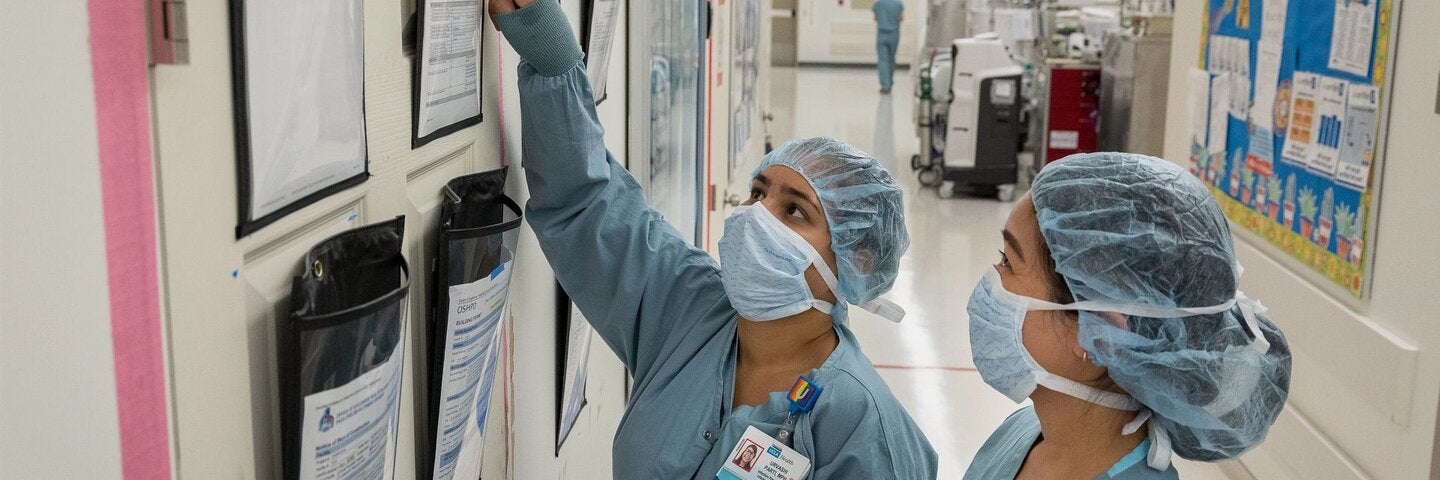Infectious Disease Epidemiology in Health Care Settings

Infectious Disease Epidemiology in Health Care Settings
PUB HLT X 412
The course introduces disease and transmission characteristics, and the descriptive epidemiology of infectious agent in a hospital and healthcare setting.
Typically Available
Winter
Get More Info
What you can learn.
What you can learn.
Analyze problems and processes in infectious diseases
Understand the measurement and epidemiology analysis of infectious diseases
Design intervention issues associated with the epidemiology of infectious diseases
Study what factors determine patterns of disease occurrence
About This Course
The course introduces disease and transmission characteristics, and the descriptive epidemiology of infectious agent in a hospital and health care setting. This course will help students to understand the theoretical basis of pathogen transmission and what factors determine patterns of disease occurrence. Students will learn how to apply this understanding to disease prevention and control. The overall goal is to introduce students to the special design, measurement, analysis and intervention issues associated with the epidemiology of infectious diseases. The students will address contemporary infectious diseases of public health importance. The intent of the course is to present material in class that is aimed at helping students to comprehend, synthesize and analyze problems and processes in infectious diseases.
Prerequisites
Students must have completed and received a grade of C or higher in PUB HLT X 410 Introduction to Hospital Infection Prevention and Control and in PUB HLT X 411 Applied Epidemiology for Infection Prevention and Control Professionals.
This course applies toward the following programs

Infection Prevention and Control
certificate
certificate
Enhance your health care training with infection prevention and control coursework offered through our online certificate program. Gain the skills to transition into this dynamic field.
Enhance your health care training with infection prevention and control coursework offered through our online certificate program. Gain the skills to transition into this dynamic field.

